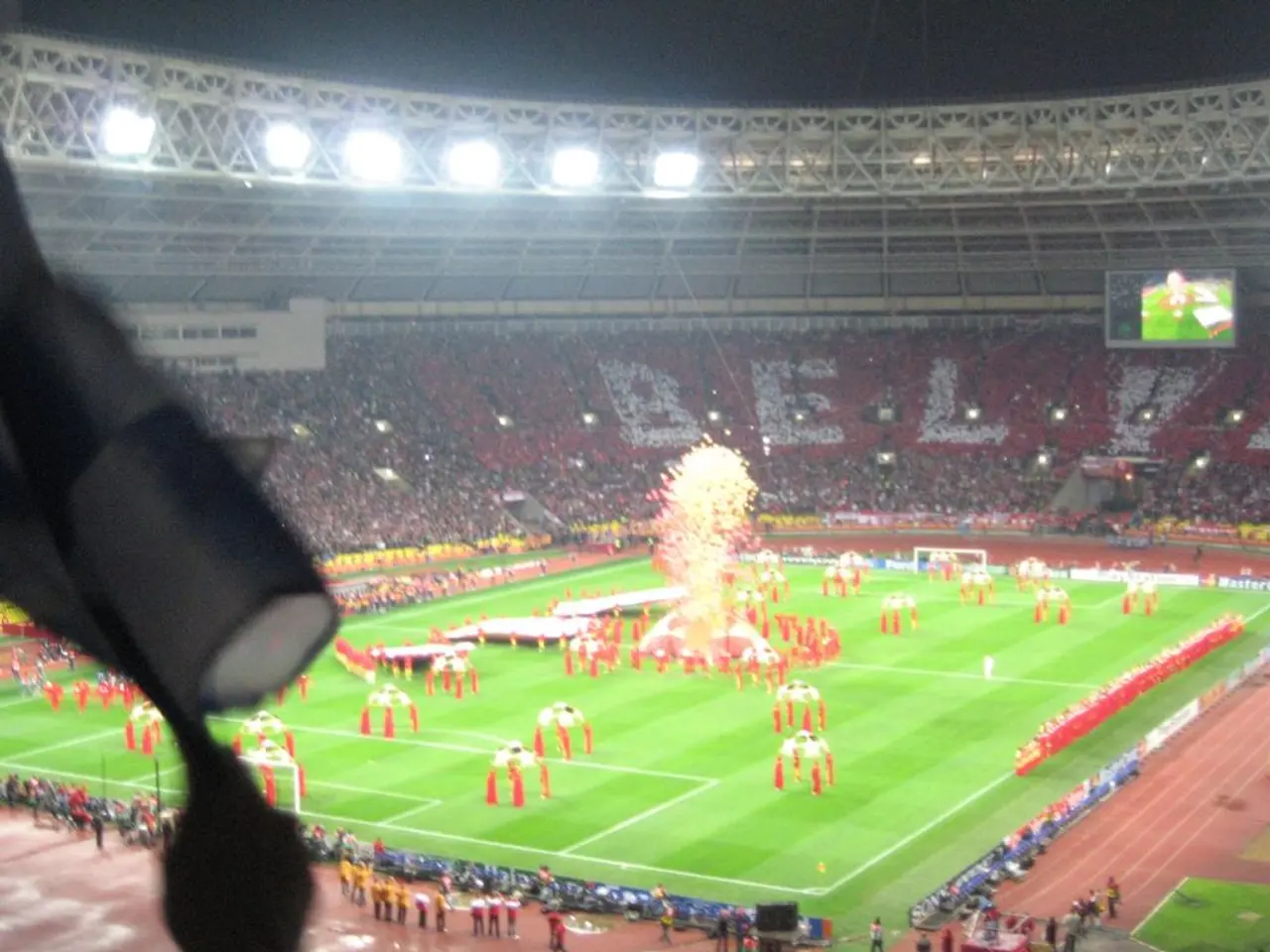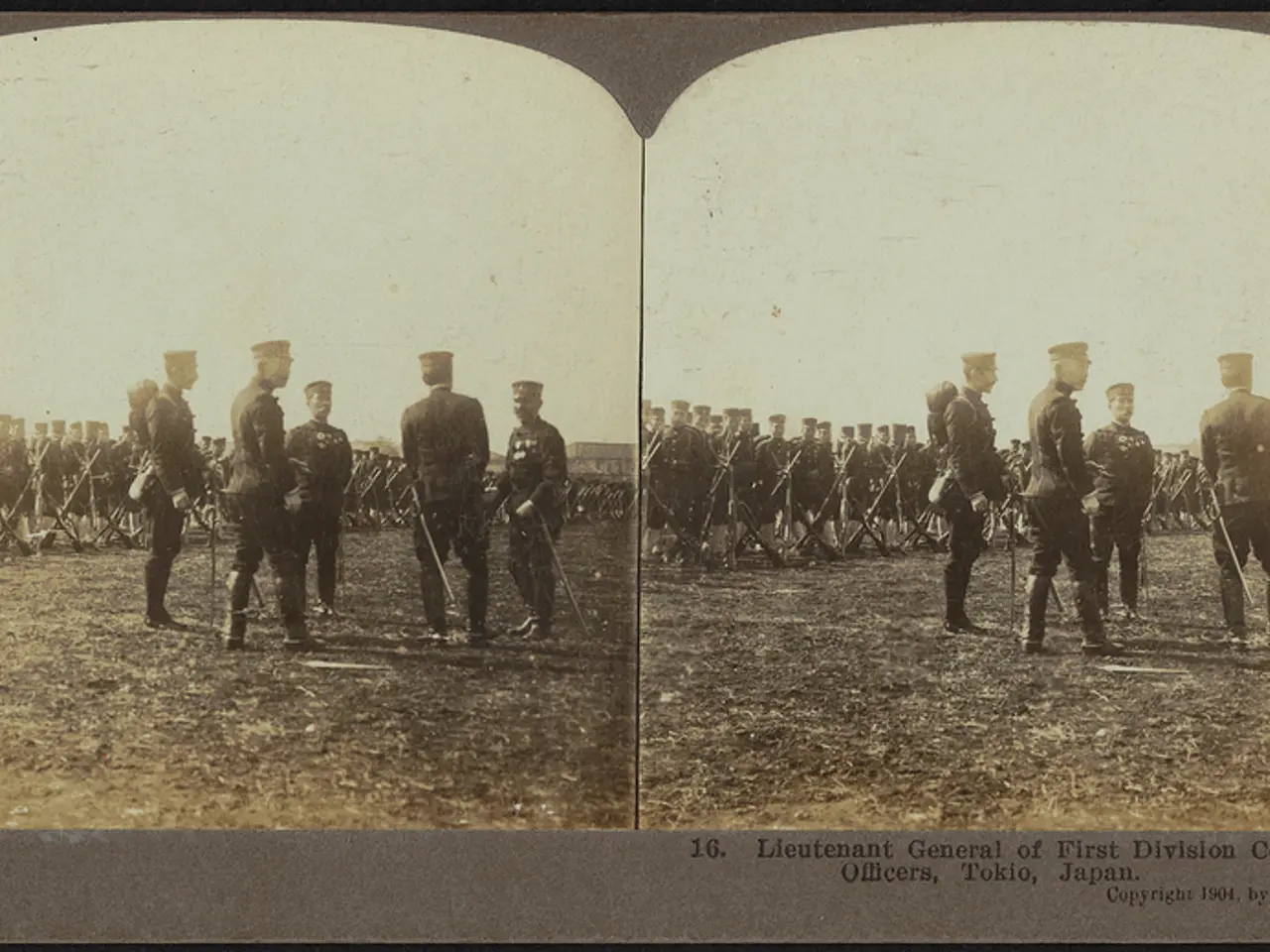College Sports undergoing Transformation: Unveiling the Impact of Gambling Influence
The landscape of college sports is undergoing a significant transformation, with the questions about the coexistence of college sports spirit and integrity with commercial interests of the gambling industry mounting. The Supreme Court's decision in May 2018 to strike down the Professional and Amateur Sports Protection Act of 1992 has paved the way for states to legalize sports betting on college football and basketball, fundamentally altering fan engagement and college sports economics.
Economic Shifts
The legalization of sports betting has led to increased revenue streams for college sports via partnerships with sports betting data companies and the influx of betting activity. States with legal betting have seen growing betting handle on college games, contributing to local economies and potentially increasing media rights values due to heightened interest. The NCAA's partnership with Genius Sports illustrates how data sharing supports regulated betting markets while aiming to preserve game integrity.
Transformed Fan Engagement
Fan engagement has intensified as legal betting makes college games more attractive to bettors, increasing viewership and interaction. Fans betting on college football and basketball show heightened interest in game outcomes and statistics, which can drive higher ratings and attendance. However, the complexity in betting options requires education efforts to ensure responsible participation, as casual bettors often overestimate their chances of winning.
Complex Player Involvement
The NCAA traditionally bans student-athletes from betting on sports, especially college events, to guard against game-fixing and protect fairness. However, recent trends show a potential policy shift allowing betting on professional leagues by athletes starting in the 2025 football season in some states. This balances legal realities with protections for college sports integrity, but creates a patchwork of enforcement challenges due to variability in state laws and ongoing risks when athletes bet on college sports.
Regulatory Challenges
Enforcement difficulties, balancing openness and integrity, variability in state laws, and ongoing legislative battles pose significant regulatory challenges. The fragmented regulatory landscape increases the potential for abuses, such as match-fixing and undue influence on young athletes. The normalization of sports gambling has raised questions about the integrity of college sports, including potential for manipulation.
Adapting to the New Landscape
The NCAA and other governing bodies are scrambling to adapt to the legalized sports betting landscape. The evolving dynamics of college sports will be further explored, examining the impact of the transfer portal and burgeoning influence of name, image, and likeness deals on the collegiate landscape. The regulation of sports betting needs to be standardized in a way that protects athletes and preserves the essence of collegiate competition.
In the next article, we delve into "The End: The Name, Image, and Likeness Fiasco" and its implications for the future of college athletics. The financial benefits to college sports leagues and institutions from sports gambling are undeniable, but the potential for corruption and erosion of traditional fan bases presents existential threats in the intersection of gambling and college sports.
The financial benefits from sports betting partnerships and increased betting activity are shifting the economics of college sports, contributing to local economies and potentially increasing media rights values. (Economic Shifts)
The legalization of sports betting has transformed fan engagement, with fans betting on college football and basketball showing heightened interest in game outcomes and statistics, leading to increased viewership and interaction. (Transformed Fan Engagement)







